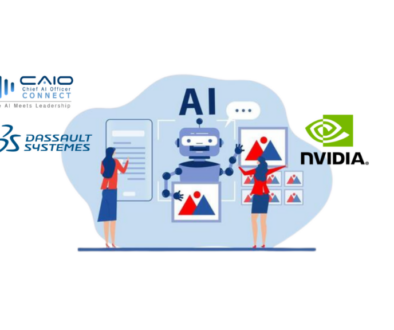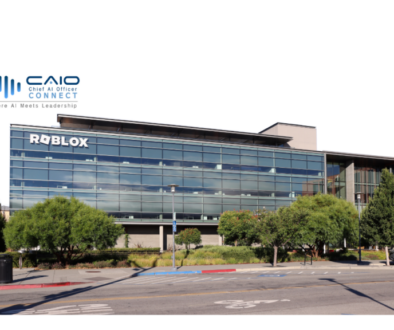In today’s digital landscape, protecting sensitive information is paramount. Data Security Platforms (DSPs) have emerged as essential tools, offering comprehensive solutions to safeguard data across various environments. Below are five leading DSPs of 2025, each providing unique benefits to enhance organizational data security.
1. Velotix
Velotix is an AI-driven data security platform that focuses on policy automation and intelligent data access control. It simplifies compliance with stringent data regulations and helps organizations balance accessibility with security.
Benefits:
- AI-Powered Access Governance: Utilizes machine learning to ensure users access only the data they need, based on dynamic access policies.
- Seamless Integration: Integrates smoothly with existing infrastructures across cloud and on-premises environments, enhancing operational efficiency.
- Compliance Automation: Simplifies adherence to legal and regulatory requirements by automating compliance processes, reducing the risk of non-compliance penalties.
2. HashiCorp Vault
HashiCorp Vault is renowned for its robust secrets management, encryption as a service, and identity-based access. Designed for developers, it simplifies access control without compromising sensitive data, making it vital for modern application development.
Benefits:
- Secrets Management: Protects sensitive credentials like API keys, tokens, and passwords, ensuring they are securely stored and accessed.
- Dynamic Secrets: Automatically generates temporary, time-limited credentials, enhancing security by reducing the risk of credential misuse.
- Encryption as a Service: Offers flexible tools for encrypting data across multiple environments, ensuring data remains secure both at rest and in transit.
3. BigID
BigID focuses on privacy, data discovery, and compliance by using AI to identify sensitive data across structured and unstructured environments. Known for its data intelligence capabilities, BigID provides a comprehensive platform for analyzing and protecting enterprise data.
Benefits:
- Data Discovery: Automatically classifies sensitive data, such as Personally Identifiable Information (PII) and Protected Health Information (PHI), providing organizations with a clear understanding of their data landscape.
- Privacy-by-Design: Built to streamline compliance with global privacy laws like GDPR and CCPA, ensuring that data protection is integrated into every aspect of data processing.
- Risk Management: Assesses data risks and prioritizes actions based on importance, enabling organizations to address vulnerabilities proactively.
4. Imperva
Imperva is a leader in database security, combining analytics, automation, and real-time monitoring to protect sensitive data from breaches and insider threats.
Benefits:
- Database Activity Monitoring (DAM): Provides real-time tracking of database activities to detect unusual patterns, enabling swift responses to potential threats.
- Vulnerability Assessment: Regularly scans databases for security weaknesses and provides actionable remediation steps to strengthen defenses.
- Audit Preparation: Simplifies audit readiness with detailed reporting tools and predefined templates, ensuring compliance with regulatory requirements.
5. Acra
Acra is a modern, developer-friendly cryptographic tool engineered for data encryption and secure data lifecycle management. It brings cryptography closer to applications, ensuring deep-rooted data protection at every level.
Benefits:
- Application-Level Encryption: Empowers developers to integrate customized encryption policies directly into their applications, enhancing data security from the ground up.
- Intrusion Detection: Monitors for data leaks with a robust intrusion detection mechanism, providing alerts and responses to potential breaches.
- End-to-End Data Security: Protects data at rest, in transit, and in use, offering a comprehensive security solution that adapts to various data states.
Incorporating these data security platforms into your organization’s infrastructure can significantly enhance your ability to protect sensitive information, ensure compliance with regulatory standards, and maintain the trust of your stakeholders.



